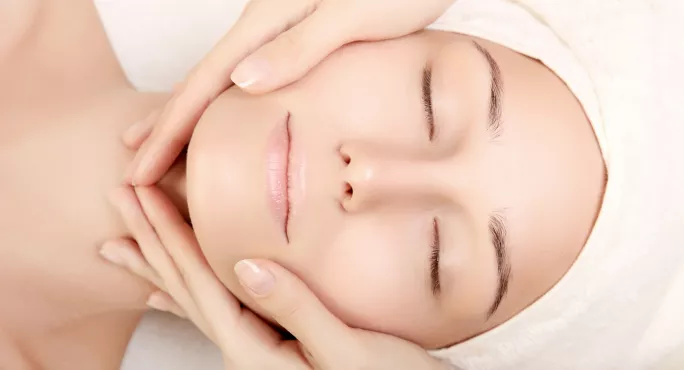Our curriculum in hair, beauty therapy, complementary therapies and make-up will be using a blended learning approach, with one full day on-site initially for every course. All possible social distancing and personal protective equipment (PPE) options have been carefully looked at – although we are used to some forms of PPE and very high standards of hygiene, there will be additional requirements to meet whatever guidelines are in place when students return.
To support learners to develop their skills, we have looked closely at kits and included items that will support students to safely practise to develop these skills, both in the salons and at home. Items such as training heads and replica hands are being looked at as options – this is equipment our students are used to using, but with potentially less salon time, the home kit will be fundamental to learning.
News: Lewis Capaldi sings the praises of make-up lecturer
PPE in education settings: How to use it properly
Watch: How to teach beauty therapy online
The lockdown has been difficult for our industries and we are working closely with BABTAC – the British Association of Beauty Therapy and Cosmetology – to include student industry insurance. Instilling these values from the time each therapist begins their training is the most effective way to ensure that they continue to maintain those high standards once qualified.
Coronavirus: Ensuring that college students feel safe and connected
Wellbeing is at the heart of our curriculum delivery, and all non-advance level 4/5 students will undertake an SQA building mental health resilience unit. All students will also continue to have personal development slots so they have time for one-to-one discussions with staff on a regular basis to ensure we have support in place to meet everyone’s individual requirements. It has never been more important than now to build personal resilience, and ensuring that our students feel connected and safe is our priority.
Collaborating with staff across the college, employers and external organisations is fundamental and we will continue this way of working on return. Our digital strategy remains an integral element of our curriculum design and although we have already developed many digital materials, we are looking to purchase video recording equipment for our area to ensure all visual aids are of a high quality and accessible.
Encouraging learners
This will further support the development of practical skills and knowledge. We have also created some digital badges to encourage students, such as an “engaging from home” badge. These were successful at the end of term with our beauty students so they are something we are looking at taking forward once students return. We have all done loads of digital training courses in lockdown, and plan to make full use of this new knowledge within our planning.
I will create some QR codes for materials and have these on my door to be scanned to access digital material on arrival and can also upload these to my Sway. Along with Flipgrid, quizzes and Kahoot!, I am also looking to introduce OneNote. Last year, I did live demos on treatments and will continue to do so with videos as additional support materials. The final main thing I plan to use is the Microsoft digital face templates to track students’ emotions as I do feel this will be more difficult in a digital world!
We are more than ready to get back to work and have really missed that face-to-face time with our students, and building that connection. Our team have worked really well digitally and totally embraced the changes, so now we want to share what we have learned, making this blended way of teaching an even better experience.
Michelle Howie is a beauty therapy lecturer and Alana Pigatello is a make-up artistry lecturer at Ayrshire College

